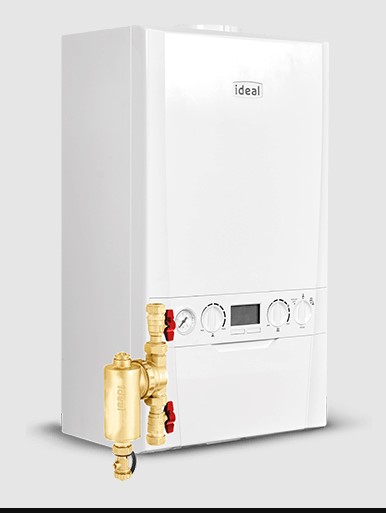
A Guide To The Most Common Types Of Domestic Boiler
Boilers are essential utility devices fitted in almost every habitable building. They heat water, which is then used in central heating, bathing and the completion of domestic chores. Domestic boilers are a product of the industrial revolution. Before the 19th century, crude ‘kettle boilers’ existed, but they were unreliable and expensive – being used only in the houses of the very rich.
In 1868, a breakthrough was made. Benjamin Waddy Maughan, a painter by trade, invented a device that he called ‘the geyser’. It was the first boiler that did not need to be powered using solid fuel and promised to revolutionize the way in which water was heated within the home.
Since Maughan’s pioneering invention, boilers have found their way into almost every home. There is great competition among boilermakers and installers – all of whom seek to create systems that provide hot water in the safest and most efficient manner. There are three main kinds of boiler system used domestically. This article is a quick guide to all three.
Heat Only
Heat only boilers are often called ‘conventional boilers’ by tradespeople. They are the cheapest – but also the most limited – of the systems being discussed in this article. They connect directly to the radiator system of a house and provide a relatively low-pressure water supply. They are suitable for houses that have an open vented radiator central heating system. Hot water is stored in an insulated cylinder, which is usually kept in the loft.
Advantages
Heat only boilers are cheap to install and replace. They work well in houses with old fashioned radiators connected to an open vent system. Other kinds of boiler that provide water at a higher pressure may damage older radiator systems.
Disadvantages
Heat only boilers provide a low-pressure source of water, which may not be suitable in houses with high occupancies that need a great deal of hot water at any given time. They are not especially environmentally friendly or efficient because water is heated and then stored in a large tank – which also takes up precious loft space.
Combi
Combi boilers are installed in many modern homes. Instead of heating water and then storing it in an insulated tank, these boilers use a heat exchanger to continuously heat water directly from the cold mains whenever it is needed. If you are thinking of replacing your old heat only boiler with a combi unit, check out simp.services for professionals to do the job.
Advantages
Combi boilers can continuously heat water from the mains, which means that a household is never in danger of running out of hot water at a crucial time. They also take up very little space and can be wall hung. This means that space which would otherwise be used for housing a tank can be used for other things. They are relatively efficient and environmentally friendly, although they do use natural gas or electricity when in use.
Disadvantages
Combi boilers can only heat up water as fast as it is passed through the heat exchanger. This means that hot water pressure can drop if multiple sources of hot water are being used.
System
System boilers use heating cylinders in the same way as heat only boilers but do away with the hot water tanks used in those systems. They don’t heat water as fast as combi boilers, but are relatively space efficient.
Advantages
These boilers do not require tanks, which frees up space.
Disadvantages
Much like combi boilers, system boilers rely upon the amount of cold mains water that can be provided to them. Low mains water pressure can lead to poor performance from system boilers. Hire a plumber to check your mains water pressure before committing to one of these units.
